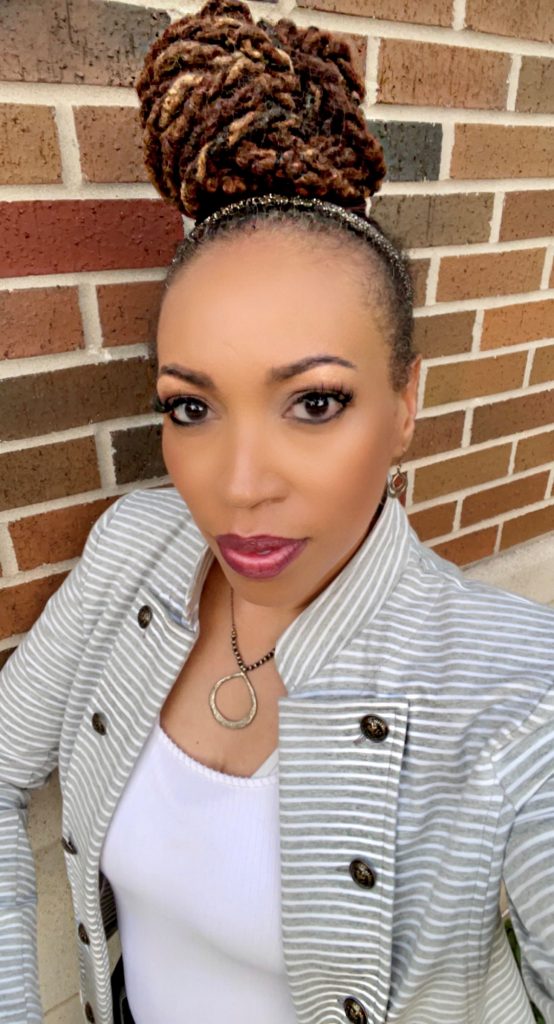Since the COVID-19 pandemic, safety has been a priority for everyone more than ever before. For Brittanie Buckley, her safety intuition has guided her in the field which she has leveraged to help prevent injuries on worksites for 25 years. In this “Faces of EHS,” Buckley, EHS Manager for Pratt & Whitney Military Engines Aerospace, talks a genuine concern for safety, her best mistake, and more.
How did you find yourself in EHS?
I started out in this field as an owner/operator of a construction company. As I worked on various projects. I began to self-assess for risk and hazards within the processes. This became a challenge for my team to reduce and eliminate all any injuries on the worksite. After 10 years, the partnership split and the many contacts I obtained along the way lead me to the opportunity to focus on occupational safety with a private company. I have worked as a EHS Manager for Pratt & Whitney Military Engines Aerospace for approximately 10 years. My site is in Oklahoma City and Tinker Air Force Base.
After 25 years in Education, Occupational Safety, Health, Environmental and Construction Management, this career has been one of my biggest challenges but most rewarding. I have a bachelor’s degree in Occupational, Safety and Health, a master’s degree in Safety Education and I’m also a Doctoral Candidate pursuing my degree in Education expected graduation in 2023. My experience includes Contracts, Environmental and Safety Research, Auditing, Training and Writing, Assessments, Industrial Hygiene, Contractor Management, Knowledgeable in Federal and State laws, municipal codes, regulations, ordinances, statutes and rules.
What’s your favorite part about working in the industry? What’s your least favorite part, and how would you change it?
My favorite parts about working in the industry are engaging with the workers in identifying the best safety practices for their work environment, having a great degree of control and freedom, and lastly, I love the challenge of coming in every day protecting my team from injury and harm and leaving with the accomplishment of meeting this goal. The least favorite part is strategic visibility. This does not cost money. Strategic visibility is empowering the employees to see the same concern, commitment, and interest in protecting themselves, others, and the environment as you do. This task takes grit, critical thinking, and presence from the safety professional.
It sounds like through your experience you really care about people, and you want to help them feel safe and comfortable, which is important in the industry.
As a safety leader I know the worth of the people. I understand to value the dignity of all employees, by understanding the power of compassion. The positive influence I have and the wisdom to serve others exemplify genuine concern for their health and safety while they are providing a service to the industry.
What’s your best mistake and what did you learn from it?
One of the biggest mistakes I have made as a safety professional was negative reinforcement to motivate employees to comply and/or behave with safety policy and procedures. I had to learn to grasp the dynamics of emergence and acceptance of Behavior Based Safety programs. The belief that an employee can be motivated to comply with safety rules by motivating them with having them work on safety teams to identify the risk in their work areas, incentive programs, motivational posters or signage displaying the number of accumulated incident/injury free days. This practice allows employees to have ownership and responsibility, that will aide in a positive robust safety culture.
Where do you see the industry heading in five years?
In the next five years I see the industry progressing towards an automated environment. An environment that benefits the employee’s safety. The automation technology will perform repetitive, unsafe, and potentially hazardous job activities, that are now a risk and hazard to the employee. In addition, automation employees can be shielded from temperature extremes or radioactive/toxic environments.
What are you most proud of?
What I’m most proud of is ensuring employees complete their part of the work safely down to the small details. My job is to provide a safe working environment so that women and men can go home to their families.
Do you have any advice for people entering the profession?
Pay attention to all the details and always verify.


